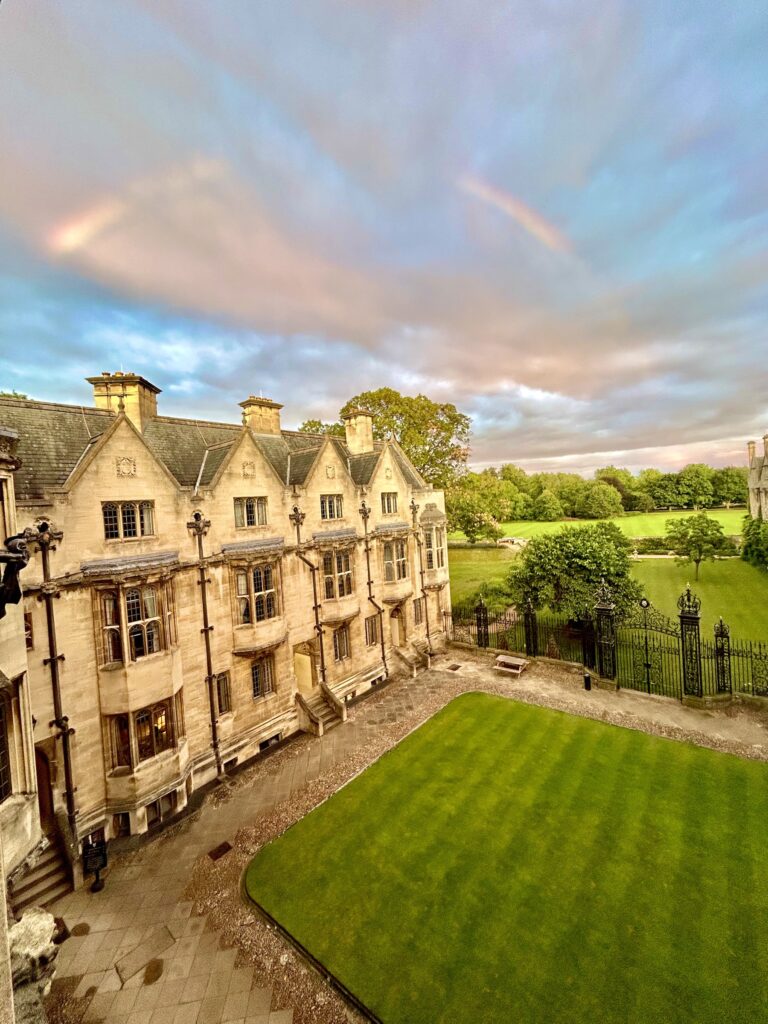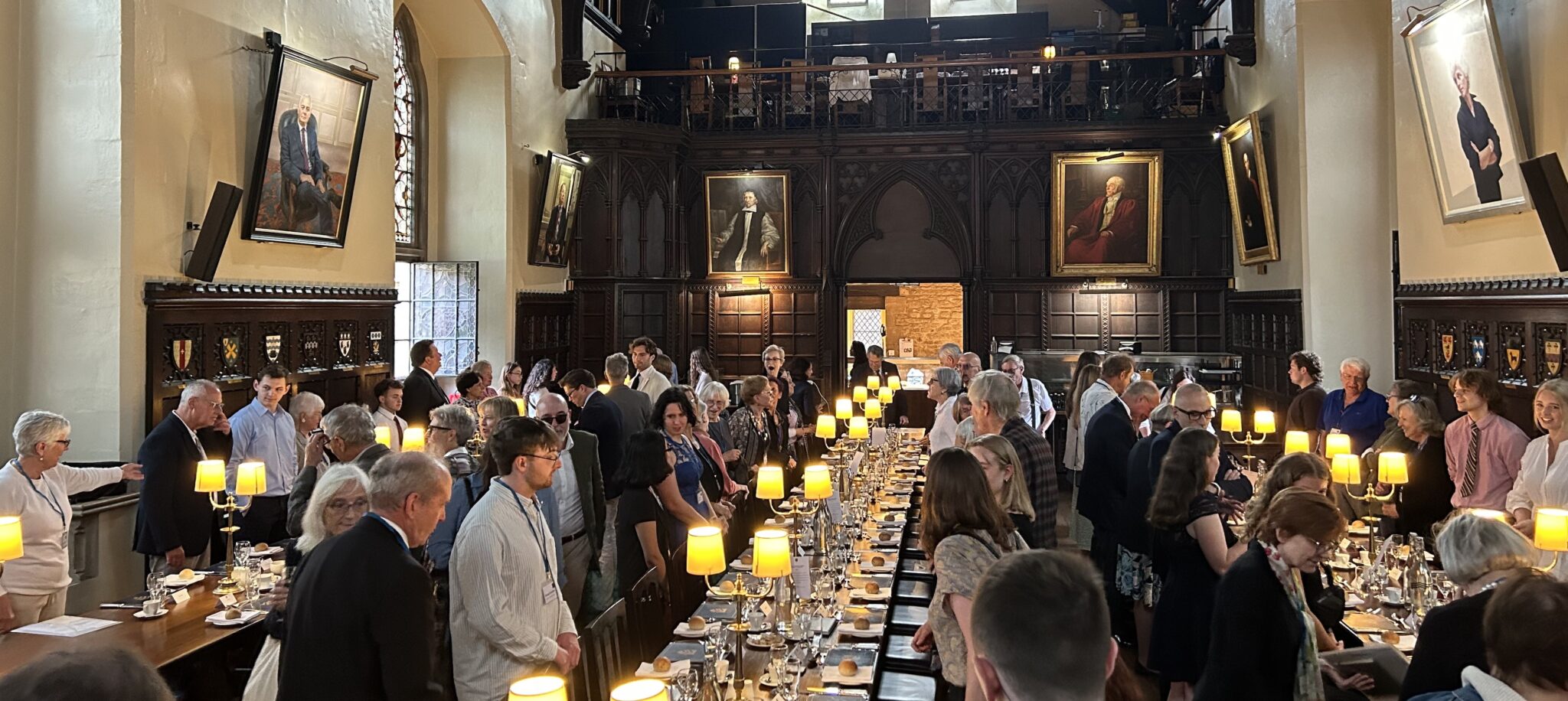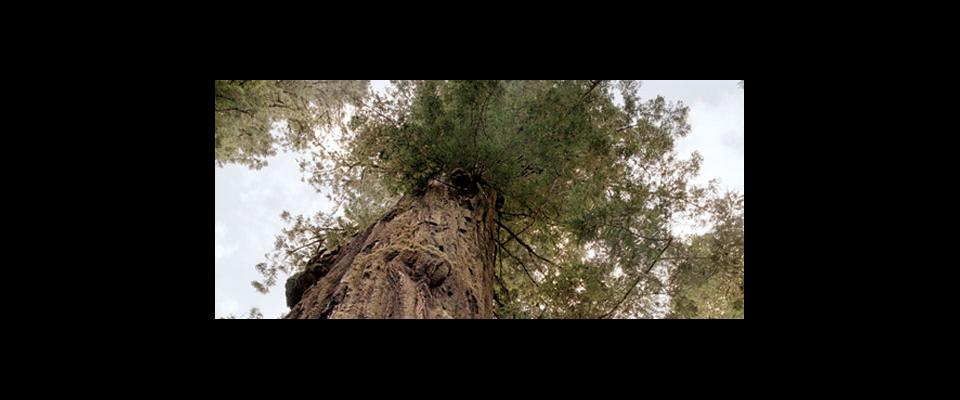Phebe Haugen was a “frustrated English teacher” when her friend first told her about the poetry class he had taken at Oxford.
“I just absolutely drooled whenever he talked about it,” she said. She never forgot about it, and in 2017, her friend decided to gift her the trip – something he continued to do for the next four years.
Over those years, Haugen took classes on Roman Britain, detectives in the Victorian era, and the Roma culture in Britain. She went to a choral performance at the Sheldonian Theatre, ate at restaurants on High Street, and read in her dorm room. She made friends with her tutors and fellow classmates. When she got home, her sister made her give a lecture on everything she had learned.
“Of all the experiences I’ve had in my life where I had high expectations, this was the only one I can remember that actually exceeded even those high expectations,” Haugen said. “Every day was fun. Every day was funny and interesting and informative and new. And of course, walking through the gate and into Merton College, it was just like going into another world.”
The Oxford Berkeley Program is a three-week educational experience in which participants choose one seminar taught by British university scholars, or tutors, who are experts in their field. It was originally established by UC Berkeley Extension, a continuing education program founded in 1891.

Cal Discoveries Travel, the educational travel wing of the Cal Alumni Association, took over the program in 2018 when UC Berkeley Extension no longer had the staffing and bandwidth to run it. Course themes change every year and have ranged from Brexit to Shakespeare. Under Cal Discoveries, there are also extra activities like guided walks, museum tours, and group lectures, often led by tour manager Bill Tramposch ’70. This year, he’s giving two lectures: one on the rise of universities, the other on the gardens, galleries and museums of Oxford.
The program is open to all ages and backgrounds; one doesn’t need to be a Berkeley graduate to join (Haugen went to the University of Minnesota). While the typical participant is older and often newly retired, there are younger attendees as well; St. Thomas Aquinas College in New York also sends students every year to participate.
Tramposch, a lecturer with Cal Discoveries for the past five years, thinks that the classroom component of the program is what makes it special. A former fellow for the American Alliance of Museums, Tramposch studied the field of creative aging, which emphasizes the importance of continuing to learn and be involved in the arts for older adults. Tramposch pointed to the popularity of Road Scholar (formerly Elderhostel) as evidence that many seniors are not only looking for a vacation when they travel, “but also [to] be immersed in the history and culture of the venues they visit.”
Indeed, the aspect of learning on a vacation is what draws many participants to Oxford.
“I don’t go on a vacation just to sit on the beach,” said Kathy Barrett, a retired dentist who first participated in the program in 2019. “Every tour I end up doing, it’s important to learn something.” Her first time in the Oxford program she found herself in a class with an ex-CIA agent, a West Point professor, and a Washington think tank lawyer. She was intimidated at first, but found they all added to the discussion.
“I did it because I have this thirst for learning,” said Doug Friedman, a Bay Area resident who is retiring from his market research firm at the end of the year. “I love history and I love to learn and participate. My wife said, ‘You really need to go back next year.’ I think she said that because I enjoyed it so much, not because she wants me gone for three weeks.” This year was his first time attending the program, and he’s going back next year.
Oxford Berkeley provides a sort of study abroad experience for people long past their college days.
“I have now made lifelong friends. And I’ve learned about things that I never knew before and got a chance to express and share ideas,” said Friedman. “It’s really like a mini college experience: everything that people get out of the college experience, you get out of this in three weeks. You’re a world away, it’s really cool.”
This year will be the first that the program is not requiring a final paper, something that Barrett, Haugen, and Friedman all valued. They worry that without the paper, people will take the classes less seriously and lose the impetus to put what they learned on paper. But Haugen also acknowledges that the reduction of stress might attract new people and will allow more time for other activities.
Still, the paper was important to many who went through the program, including Haugen’s friend, the one who first sent her.
He died last summer, but left her a small sum of money: almost exactly the cost of the trip.
“I know the reason he did that is that he was thinking, ‘She can go one last time if she wants to, and she won’t have to pay for it herself,’” Haugen said. So she did.




















